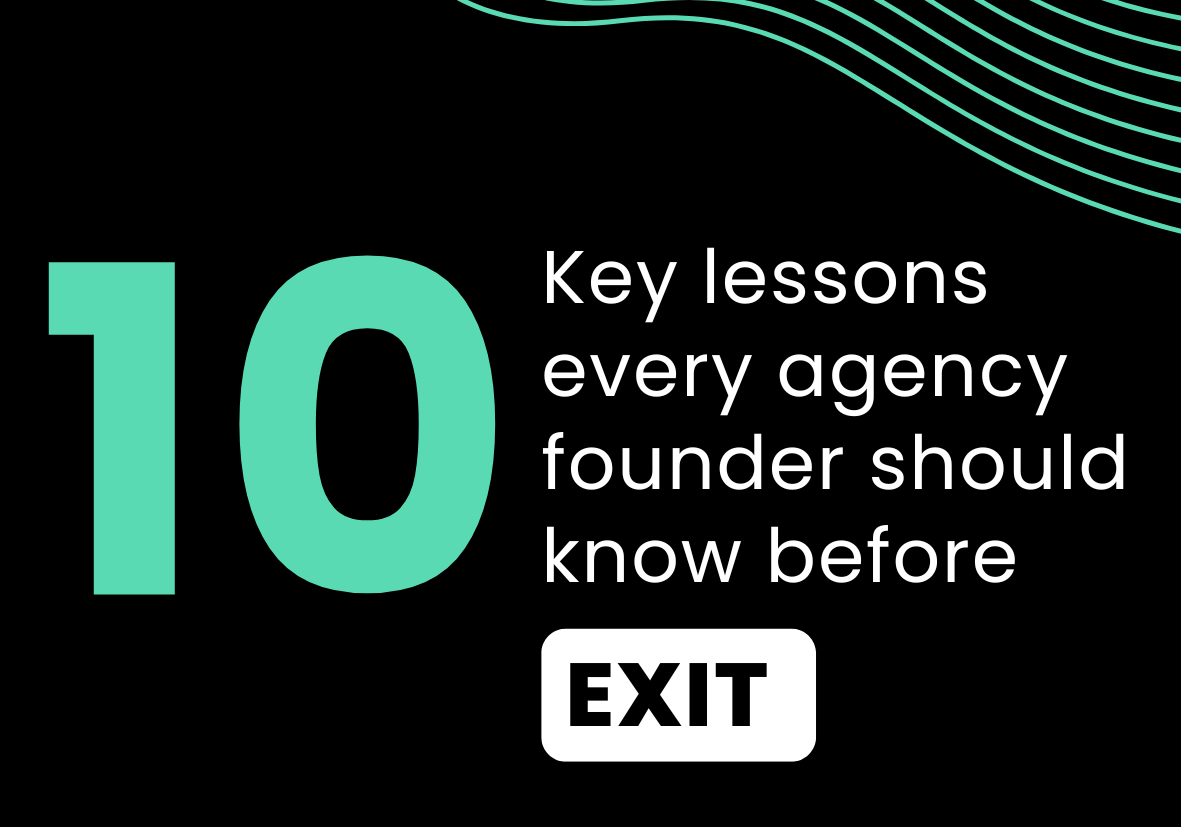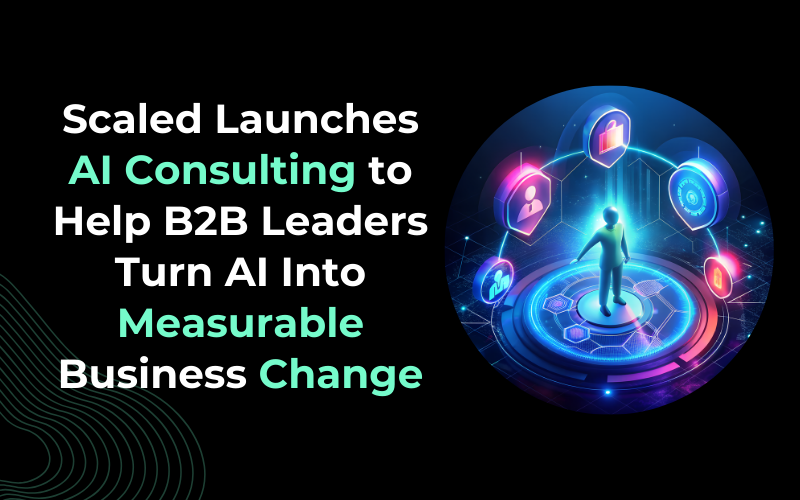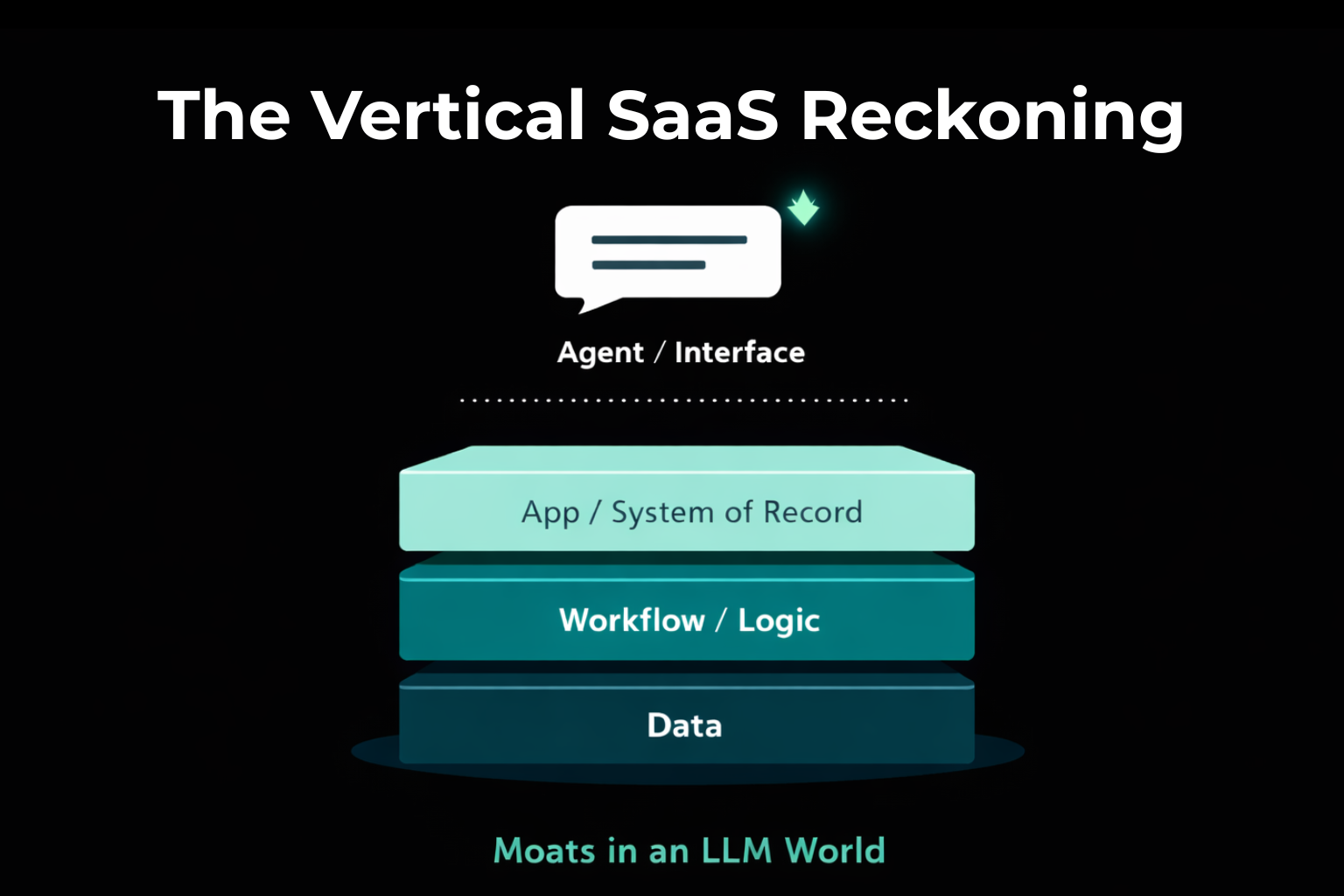Selling an agency is never just about the numbers on a spreadsheet. For most founders, it’s the ultimate milestone: the culmination of years of risk-taking, client wins, team building, and late nights keeping the wheels turning. But when it comes time to sell, many discover that value isn’t about what happened last quarter, it’s about what buyers believe will happen long after you’ve stepped back.
At Scaled, we’ve lived this journey from both sides of the table. We’ve built, bought and sold agencies. We’ve supported founders through exits to PE funds, roll-ups, and strategics. And we’ve seen first-hand how preparation and positioning can make the difference between a deal that drags and discounts… and one that delivers life-changing value.
From our Exit Guide, here are 10 essential takeaways that every founder should know if they want to maximise exit value.
1. Enterprise Value = Free Cash Flow × (1 – Perceived Risk)
Revenue is vanity, free cash flow is sanity, and risk is reality. Buyers don’t just look at your top line – they discount it for every risk they spot. Predictable, margin-rich revenue streams with minimal dependency on one client or founder are what command premium multiples.
2. The Three Valuation Levers Must Stay in Balance
Growth, Earnings Quality, and Risk are the only three levers buyers can pull when pricing your agency. We’ve seen businesses with strong growth falter because earnings weren’t predictable, or because client concentration was too high. No single metric can rescue underperformance elsewhere.
3. Governance is a Value Driver, Not a Box-Tick
Too many founders see governance – board packs, KPIs, policy libraries – as ‘admin.’ In reality, it’s a trust accelerator. When buyers see clean, timely reporting, robust policies, and evidence of governance discipline, they don’t just pay more – they pay faster.
4. Client Concentration is a Deal Killer
We’ve seen multi-million-pound offers drop by half when diligence revealed overreliance on one or two accounts. No buyer wants to inherit a business that could unravel if a single client churns. Diversification and revenue discipline are non-negotiables.
5. Culture and Succession Aren’t “Soft” Issues
Buyers often say, “We’re buying people as much as numbers.” Culture, leadership, and succession planning determine whether integration succeeds or fails. We’ve helped founders reduce their involvement in sales, elevate their deputies, and put long-term incentives in place for senior staff. Each step directly increases valuation and reduces earn-out risk.
6. Rollover Equity Can Be a Smart Play
Headline multiples can be seductive, but sometimes the real upside lies in the second bite. Rollover equity, taking part of your consideration in shares of the acquiring group, can outperform cash, if the terms are negotiated well. We’ve seen deals where rollover delivered 2–3x more value than cash upfront – but only because dilution, drag-along, and liquidation preferences were structured intelligently.
7. Cyber Hygiene, DEI, and ESG Now Matter
Private equity firms and listed buyers are under mounting pressure to show diligence across cyber security, diversity, and ESG. These are no longer ‘nice-to-haves’, they’re deal readiness factors. A weak security framework or lack of ESG policy can stall a deal or shave value.
8. Process Maturity Turns Diligence Into a Green Light
Readiness assessments, mock Quality of Earnings reports, war-room dashboards, and clean data rooms aren’t overkill, they’re essential. We’ve seen diligence transform from a buyer’s fishing expedition into a swift, confident green light simply because the seller was better prepared.
9. Integration is the Second Half of the Deal
Closing day is only halftime. The real test comes in the 100 days post-close, when systems, clients, and teams need to stay aligned. Mismanaged integrations are where most value is lost. That’s why we don’t walk away after completion – we stay close, helping founders manage earn-out triggers and protect the culture they’ve built.
10. Stories Sell. Systems Scale. Dashboards Defend.
The best exits combine narrative and evidence. A compelling growth story grabs buyer interest. Scalable systems prove the business doesn’t rely on heroics. Dashboards defend your numbers when diligence gets tough. Together, they let you sell not just an agency, but a credible platform for growth.
Why It Matters
Most founders underestimate how much value can be unlocked, or lost, before the Information Memorandum (IM) even goes out. The truth is this: exit value is compound interest on years of disciplined decisions.
The best time to start preparing was 18 months ago. The second-best time is today.
📘 Download the full Exit Guide for Agency Owners for a step-by-step roadmap to building and selling a more valuable agency.



